Whether you’re an experienced candidate or fresher, getting an interview call is always exciting, so be prepared with the skills and these documents required for a job interview. It can prove a bit scary, too, because you mightn’t know what questions an interviewer would ask.
Additionally, there’re also some essential things you’ll need to take for an interview. Interviewers may ask you for those. The inability to present these things can cost you that prized job.
Therefore I will explain about the 10 most essential Documents Required for all your job interviews.
Documents Required for Job Interview
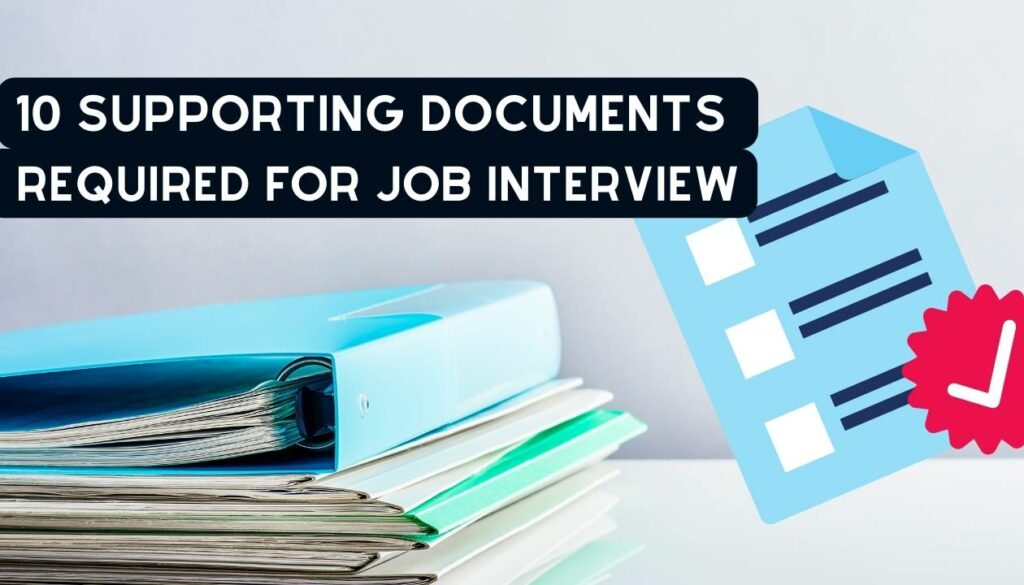
Remember, an interview is your first interaction with a prospective employer. Any regular interview lasts between 10 minutes to 30 minutes, depending upon the position you’re applying for.
Walk-in interviews are very common nowadays. They usually last between five and 10 minutes only. That’s because a large number of job seekers wait in queues at the venue.
Usually, an interviewer has limited time to gauge your skills and aptitude for a job. They’re also under pressure to hire the best possible talent by selecting the right person from a large number of applicants.
Given such situations, there’re several things you can do to impress interviewers. One among them is taking 10 crucial things to the interview.
10 Important Things to Take for Interviews
Here I’ll enumerate the various things that can help you gain an edge during an interview. These can influence an interviewer to consider you for the job and make an offer.
Table of Contents
1. Curriculum Vitae, Resume, Bio-Data

The first and most important thing to take for your interview is your CV, resume, and bio-data.
This isn’t as simple as it sounds. Actually, a Curriculum Vitae, resume, and bio-data are three different documents required for a job interview. Therefore, it’s best to create each one of these to send with a job application and take for all your interviews.
You can download excellent templates to create that job-winning CV, resume, and bio-data. Alternatively, you can enlist the services of a professional CV writer to create them.
Usually, the first documents required for a job interview are your CV, resume, or bio-data. This is especially true if you’re appearing for a walk-in interview.
Carrying a CV, resume and bio-data also have a benefit: you create an excellent impression by handing over the documents required for a job interview. It also allows you to correct that blunder of sending a wrong document earlier by email.
2. Educational Certificates
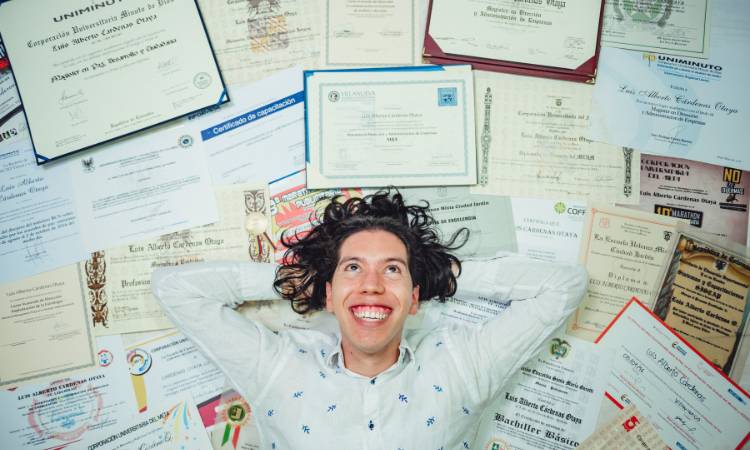
Educational certificates are the second most important thing to take for all your interviews. Often, interviewers don’t ask for academic certificates during an interview because they wouldn’t have time to check your marks and other details.
Yet, you can never predict an interviewer. They may only ask for your educational certificate or mark sheets to check your preparedness for the interview.
Sometimes, you might have to complete a form before appearing for the interview. This is typical at walk-in interviews.
Furthermore, some organizations will ask you to submit a form immediately after an interview. Usually, that’s an indication the employer is hiring you. And if you don’t have copies of your certificate, there are chances someone else will get the job.
Always take original educational certificates and mark sheets. Also, carry photocopies duly attested by an authority such as a District Magistrate, judge, a local court, or postmaster of the local post office, among others.
You’ve to submit attested photocopies with the application form. Having these copies makes tremendous sense. You mightn’t be able to make copies and get them attested near the interview venue or office.
3. Certificates of Extracurricular Activities
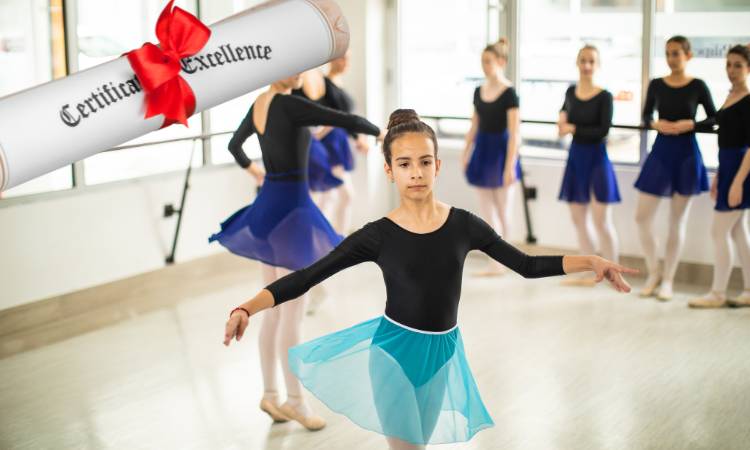
Copies of extracurricular activities are as important as your educational certificates during an interview. The choice of your extracurricular activities is a clear indicator of your strengths and overall personality.
The best certificates to carry for an interview include those from the National Cadet Corps and National Social Services.
Next on the list are certificates you’ve gotten for participating in any local, state, or national level competitions. It’s not necessary to have a certificate conferring the first prize.
Even a simple certificate of participation or certificate of merit works wonders during an interview.
Gather all certificates you’ve got during your school and college years, make copies and have them attested. Submit them while filling out a job application form or attach them with your resume as proof.
4. Proof of Address
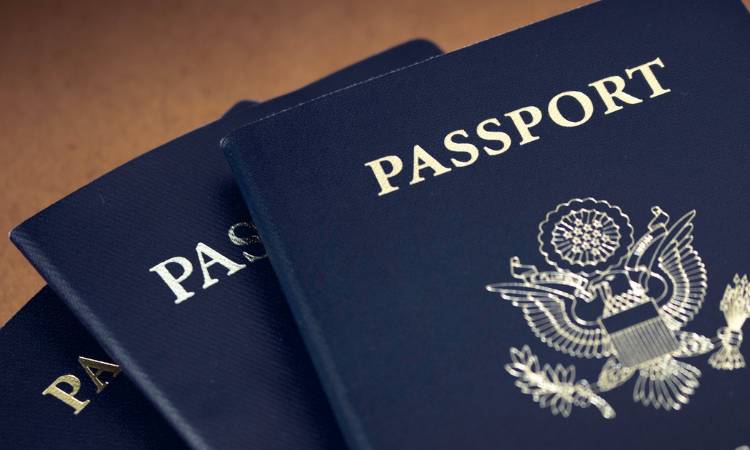
Proof of address is another very important thing to take for all your interviews. In India, this proof of address can be a Ration Card, Aadhar Card, Voter ID card, driving license, bank passbook or statements, and other documents issued by the government.
Also, take attested copies of the proof of address you’re carrying: you may have to submit those with a job application form.
Nowadays, proof of address has become extremely important while applying for jobs in India. Obviously, no company would willingly recruit a terrorist or criminal.
Proof of address is mandatory for some jobs since an employer must also submit copies to the local police station.
Permanent Account Number
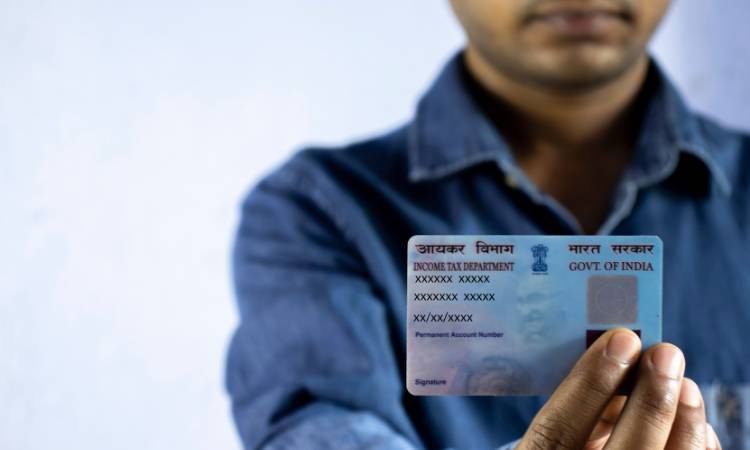
A Permanent Account Number, also known as PAN or PAN card in India, is a very important thing to take for all your interviews. Regardless of whether you’re a taxpayer or not, a PAN is important for several other reasons.
Financial corporations and banks will hire you only if you hold a PAN. That’s because a PAN number can indicate whether you’re a loan defaulter or have a poor credit score for any reason. These aren’t reasons for rejecting you at an interview. Yet, some employers seek such information.
Furthermore, you may have to attach PAN card copies to an application form given by the employer before or after an interview. Therefore, take copies of your PAN card. You can self-attest these copies and attach them.
Caste/ Religion Certificate
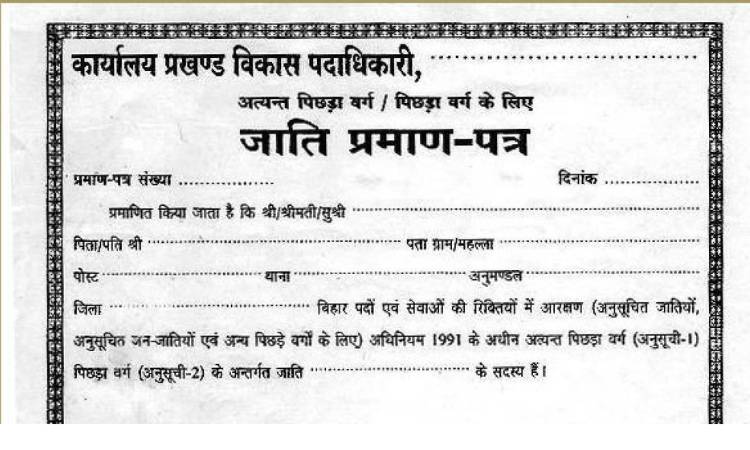
Suppose you belong to specific castes or are a member of a tribe or religion that counts as a Minority, socially or economically underprivileged community. In that case, carrying a Caste certificate with you for an interview is best.
Usually, government organizations, as well as certain private companies, reserve a small quota of their jobs for meritorious persons from these communities.
Your state government issues a Caste or Religion certificate. If you don’t have one, it’s better to apply now. It’s one of the most important things to carry out for all your interviews.
5. Salary Certificate/ Salary Slip
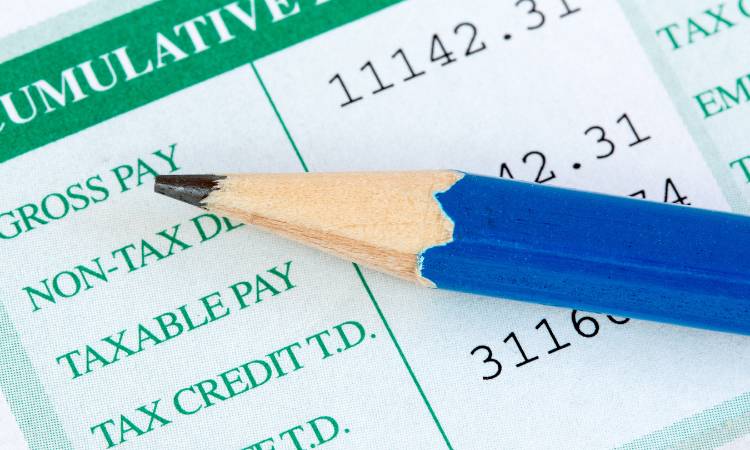
A salary certificate or salary slip is very important for people switching jobs. It clearly indicates your income, such as basic salary, allowances, tax, and other deductions. A salary slip can also be used as a bargaining chip while negotiating salary and perks with a prospective employer.
Also, a salary slip is helpful to a new employer to get your Provident Fund account number and other details while hiring you.
However, a salary slip or certificate alone isn’t enough sometimes. You may have to prove your income by attaching a bank statement or copies of your bank passbook that shows the salary transfer and the amount of money.
6. Experience Certificates
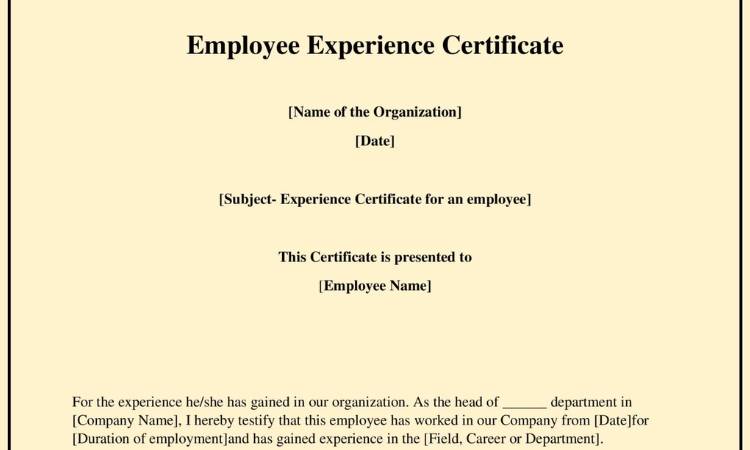
An experience certificate is essential as a supporting document for both job seekers with experience as well as fresher. However, in the case of a fresher, this supporting document isn’t really compulsory.
If you’re a fresher and have done an internship, carry an experience certificate to the interview.
For jobseekers that are working, an experience certificate is an absolute must-have supporting document. Obviously, if you’re switching jobs for the first time, you wouldn’t have an experience certificate. You can furnish one later if you get a new job.
An experience certificate helps employers estimate your skills and assess your value to the organization if they select you for the job.
If you have adequate experience and the new employer really wants those skills, an experience certificate can help you get a much higher salary offer from the new employer.
7. Letters of Appreciation
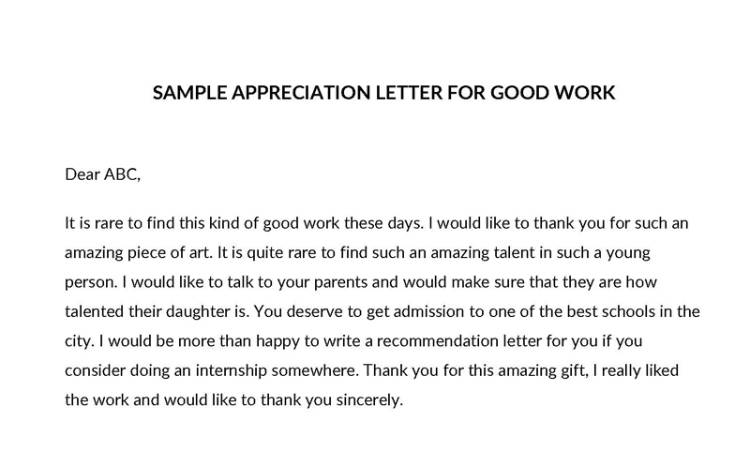
Letters of appreciation speak well about your efforts in executing a project or for some extraordinary work you’ve done with an employer.
For experienced and working job seekers, a letter of appreciation is one of the most important things to take for all your interviews. It serves as a witness to your hard work and exemplary skills.
Usually, most employers issue a letter of appreciation to employees. Sometimes, interns and trainees also get these letters if they’ve done some outstanding work.
If you’re working or have experience and are searching for jobs, ensure you have at least a couple of letters of appreciation. Take their copies to submit while filling out application forms.
8. Promotion Letters

A promotion letter isn’t necessary for a fresher candidate for obvious reasons. Nor is it compulsory for a first-time job switcher unless you’ve actually got a higher position while working someplace.
However, for experienced job seekers, a promotion letter can be the defining point in getting a new job.
One or more promotions clearly indicate a company appreciates your services. And if you’ve got promotion letters from more than one employer, you stand a very high chances of getting the new job.
Usually, a promotion letter would also bear details about your salary and perks increase. These will influence an interviewer to pay you more if they need your skills.
9. Past Employment & Resignation Letters
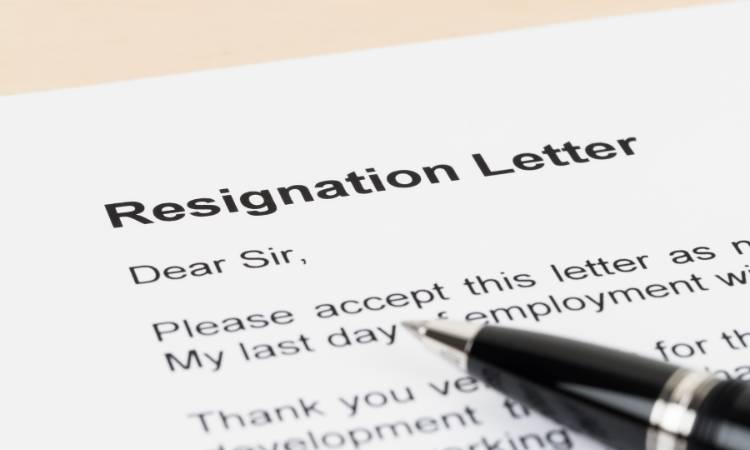
Your past employment and resignation letters are also a great asset for all your interviews.
However, don’t commit the blunder of making photocopies of your past employment and resignation letters or offer letters and attaching them to any forms.
You can keep these letters as a ready reference and show an interviewer only if absolutely necessary. A resignation letter can be very important in some cases: it indicates reasons for leaving a past job.
A resignation letter is also a professional way to bid goodbye to any employer. Hence, some interviewers may wish to see it.
10. References
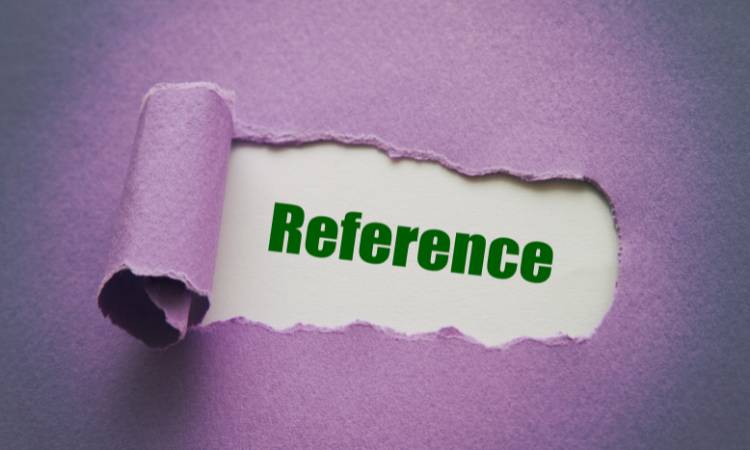
And finally, references. References from supervisors and managers you’ve worked with in the past are a good testimony of your abilities. Usually, reference letters are always taken with that proverbial pinch of salt by every employer.
That’s because reference letters are pretty easy to get, even if you’ve done a poor job with some employer.
Usually, every employer gives away reference letters to ensure that a person doesn’t have problems finding new employment due to adverse comments.
Hence, reference letters are given more out of courtesy than an actual measure of your talent. Yet, it is worth taking reference letters to all your interviews.
A fresher can take reference letters from faculty members. These will have a better standing with interviewers. A fresher can also take reference letters from prominent persons or family friends who hold top government or private sector positions.
Closing Thoughts
An important thing to remember: never fake or fudge any information about your educational qualifications, work experience, or past employment.
They have to match the documents required for a job interview. Further, some companies also conduct Employee Background Screening to verify your resume and certificate details.
If you’ve given false information, you won’t get the job. A company can also blacklist and bar you from applying for their future positions.








